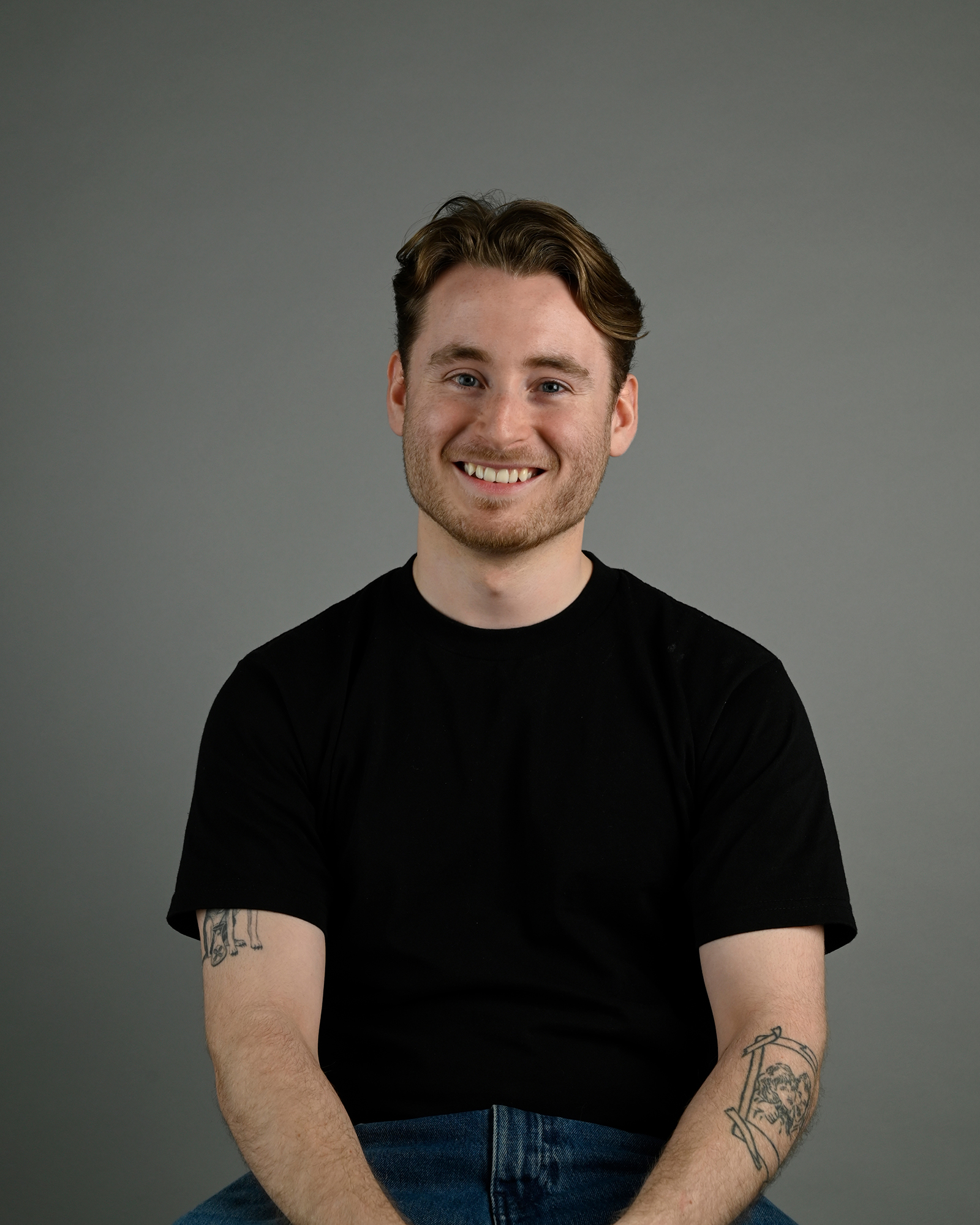Lucerna & Obscura: Material Storytelling with Waste Salmon Leather
Category: Interior
Competitions: Home Competition 2025
Lucerna & Obscura are a pair of lighting artefacts that use natural materials and ancestral processes to question how design frames value, memory, and tradition. At their core is waste Scottish salmon skins; transformed through a regenerative and transparent making process that resists the modern framing of fish leather as a new luxury innovation, and instead re-centres its Indigenous and craft-based origins. Historically used by Sámi, Ainu, Inuit and other coastal communities, fish leather was tanned using slow, place-based methods passed down through generations. These techniques were resourceful, ecological, and embedded in cultural practice. This project seeks to revive the essence of those traditional approaches, not through replication, but through adaptation, reflection, and visibility. Working with salmon skins sourced as waste from kind local Edinburgh fishmongers, the material was transformed through a natural tanning process developed through extensive experimentation. Early trials included traditional egg yolk tanning and olive oil combinations, as well as natural dyeing experiments with red cabbage and onion skins. These tests informed a final tea-tanning process that remains biodegradable, non-toxic, and transparent, focusing on simplicity and accessibility while maintaining structural integrity and sensory quality. The resulting leather, when stitched and backlit, becomes translucent and layered; carrying the visual and tactile marks of its transformation. The two lamps express dual narratives: Lucerna, a glowing scroll form, is embroidered with five symbolic motifs that tell a story of origin, craft, and cultural continuity. Obscura, in contrast, is a closed hexagonal monolith, concealing its stitched spirals until illuminated; reflecting a quieter, introspective role as a keeper of memory. The lamp frame structures are mounted on turned yew bases, finished with natural oils and waxes. Stitching is done using waxed cotton thread, and every panel is hand-punched and sewn, integrating traditional textile processes into the final form. Beyond the lamps, the project is accompanied by a material sample display and process booklet, offering public access to the methods and results; an open-source invitation to engage with regenerative materials on a practical level. This transparency is key: the project does not claim to recreate Indigenous craftsmanship, but instead positions contemporary design as a space to listen to and honour those traditions, rather than overwrite them. Lucerna & Obscura do not ask to be seen as innovations in material form; but as contributions to a longer material conversation, grounded in care, slowness, and acknowledgment. They are lighting artefacts, yes, but they are also proposals: for how natural design can reframe value, memory, and craft in a time of ecological and cultural urgency.

